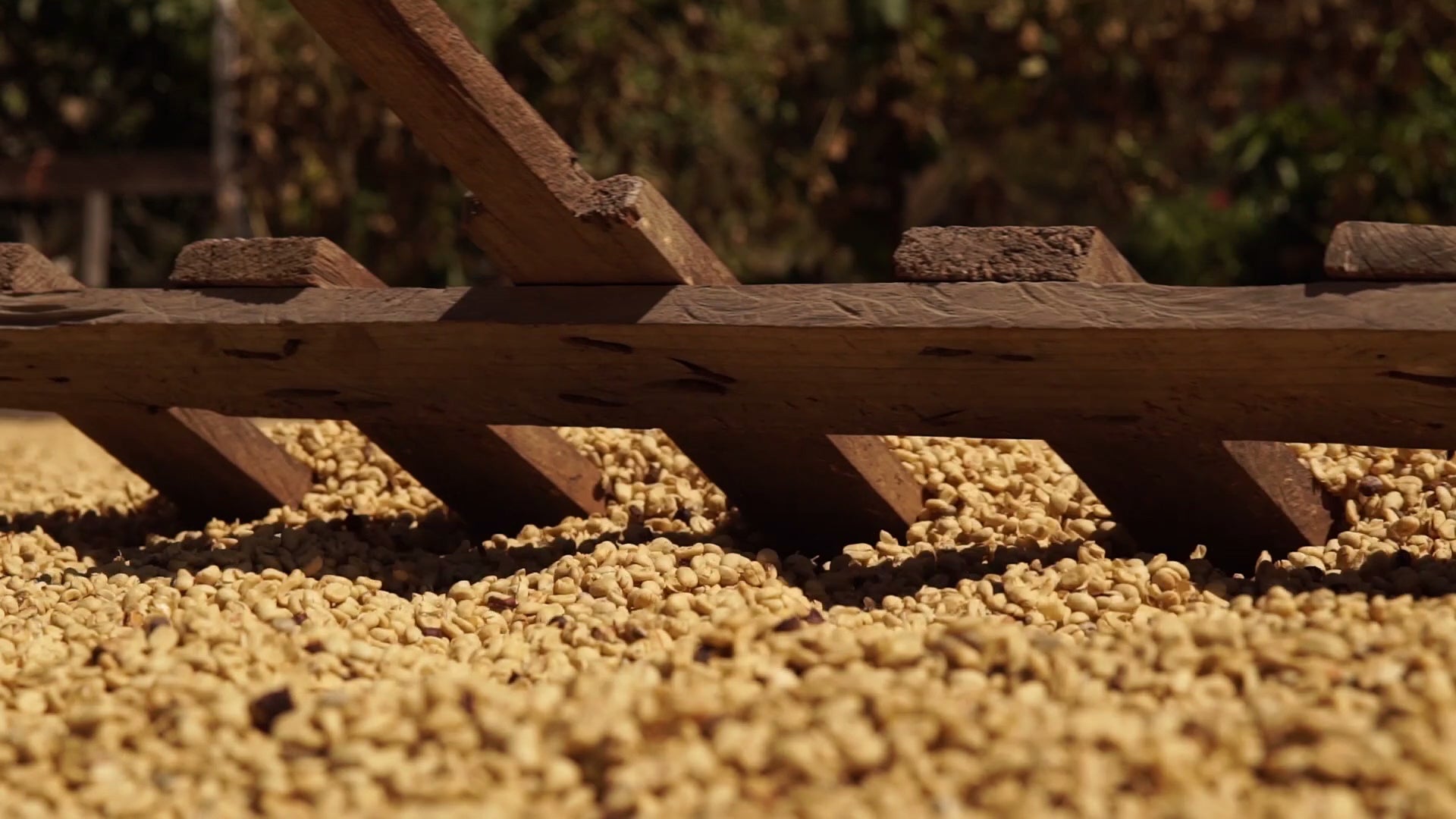هندوراس – بينيفيسيو لوس أندس

المزرعة: مزارع مختلفة
المعالجة: مغسولة ومجففة
الارتفاع: من 1500 إلى 1600 متر فوق مستوى سطح البحر
المالك:37 مزارع من منطقة ماركالا
المدينة: مدن مختلفة
المنطقة: ماركالا
الدولة: الهندوراس
حجم المزرعة:متوسط 5.8 هكتار لكل مزرعة

معلومات اضافية:
الهندوراس على وشك أن تصبح قوة كبيرة في تصدير القهوة - وقد يجادل البعض بأن البلد بالفعل كذلك! على مدى السنوات الخمس والعشرين الماضية، ارتفعت البلاد (اعتبارًا من عام 2016) لتصبح ثالث أكبر منتج في أمريكا اللاتينية. ومن المتوقع أن يتم إنجاز المزيد، حيث يتم الترحيب بالقهوة كأداة للتنمية الاقتصادية. إن الغالبية العظمى من منتجي البلاد هم أصحاب صغار (70٪ من المزارع على أقل من 2 هكتار)، وعلى هذا النحو.
بدأ هذا المشروع في 2015/2016 مع 10 منتجين فقط ولكن سرعان ما نما إلى 37 منتجا من جميع أنحاء البلدية. متطلبات المشاركة صارمة: يجب أن يكون المنتجون لديهم "الأصناف الصحيحة" التي هي بالفعل تحت الزراعة، ويجب أن تقع مزارعهم على "الارتفاع الصحيح" على ارتفاع 1500 متر فوق مستوى سطح البحر، ويجب أن يكونوا جميعًا معتمدين من Utz أو Rainforest Alliance ويجب أن يبرهنوا تحسين إنتاجهم. وفي مقابل الالتزام بالمبادئ التوجيهية الصارمة للإنتاج والحصاد، فإنهم يحصلون على أسعار أفضل بكثير لكرزهم الناضج، وأيضاً الدعم الزراعي - مما يساعدهم على زيادة الإنتاجية في المستقبل!
معظم المشاركين ليسوا من المزارعين القدامى بل هم مزارعون شباب جدد منفتحون للتغيير ومرنون في نهجهم. جميع المزارعين - صغارًا كانوا أم كبارًا - يبرزون القدرة على التكيف والاستجابة التي تفسح المجال للتخطيط المستقبلي فيما يتعلق بالجودة.

الحصاد والتصنيع
تفتخر المطحنة بمحطتي فصل، وكل المنتجين المشاركين في المشروع يقدمون الكرز إلى Ecomill ، التي تبلغ سعتها 1000 قنطار في اليوم، وهي مخصصة لمعظم الموسم بشكل كامل من أجل الحصول على أعلى مستويات الجودة. ويتم دائمًا نقل القهوة إلى مطحنة الرطب في نفس اليوم الذي يتم فيه اختيار القهوة.
بمجرد وصولها، يتم فرز القهوة على الفور، وإزالة حبات البن الفاسدة والغير ناضجة. ثم يتم تخميره لمدة تتراوح بين 8 إلى 12 ساعة حتى يتم استنزاف الصمغ تمامًا. بعد ذلك ، يتم غسل القهوة في المياه النظيفة.
وتستقر القهوة لمدة ساعة أو ساعتين لإزالة الماء الزائد ثم يتم تسليمها إلى باحات التجفيف، حيث ستجف لمدة تتراوح بين 15 إلى 20 يومًا. ثم يتم استراحة القهوة ويتم تخزينها في مستودع الطحن الرطب حتى تكون جاهزة للتصدير.
